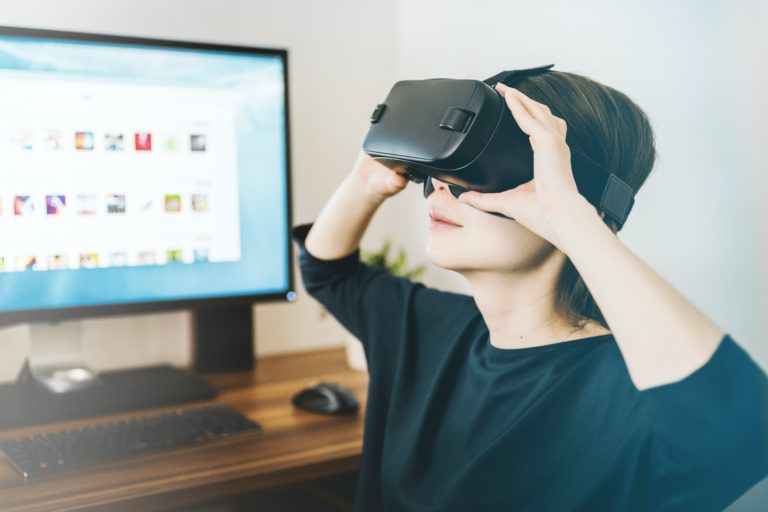Why game-based learning?
by CIP
The fast-changing world of today’s technological growth requires a proper response from our educational systems if we are to educate the citizens, employees, employers and entrepreneurs of the future. With these rapid technological changes, education systems are struggling to adapt, not only in terms of how to use the technologies available, but also in terms of teaching the skills and training to the teachers, trainers and youth workers.
Nowadays, scholars agree that the essence of modern understanding of methods is the evocation of action, development of thinking and creativity (Kruszewski 2005; Król 2007). Coping with risk, persistence and critical thinking are ones of many skills that we can develop using available teaching methods, which are frequently still seen as unconventional. Play and creativity have been connected in multiple points of view, as play has been found to encourage knowledge capacity and divergent reasoning. Play has been a fundamental tool for learning and teaching. Numerous educators around the globe have come to understand that games are problem-solving activities approached with a playful attitude. That’s why they engage and excite students, resulting in deeper learning and development of various skills when used for educational purposes. Didactic games used in the teaching process are met with growing interest and recognition at schools and in institutions. Learning with them has indisputable didactic merits in comparison to the traditional teaching model (Surdyk, 2009; Kapp, 2012). Competences acquired when playing didactic games, e.g. persistence, critical thinking or readiness to run risk, facilitate the development of entrepreneurial attitudes.

Photo by JESHOOTS.COM on Unsplash
Games enable the players to become decision makers, experimenting with different ways of thinking, experiencing the subject domain in different ways, creating a platform and capability of future learning and problem solving (Gee 2003). Through game-based approach in learning, the learner participates in the process by not only listening and observing as in classical education, but also by doing, experimenting, problem solving, differentiating, creative thinking etc. If we were to talk about escape room games specifically, where group work is involved, the learning experience also includes group work, social intelligence, communication activities and number of other skills the learners refine by participating in the learning process.
Specifically, in ER-SE project, this approach also includes the digitalization as an opportunity for the users to improve their digital skills and become familiar with the use of various digital devices, tools and software. Games easily capture the attention of the learners, thus ensuring the full involvement in the game-based activity. And the pillar on which it all stands is the sole motivation accompanied with creativity through posing challenges that the players must solve.